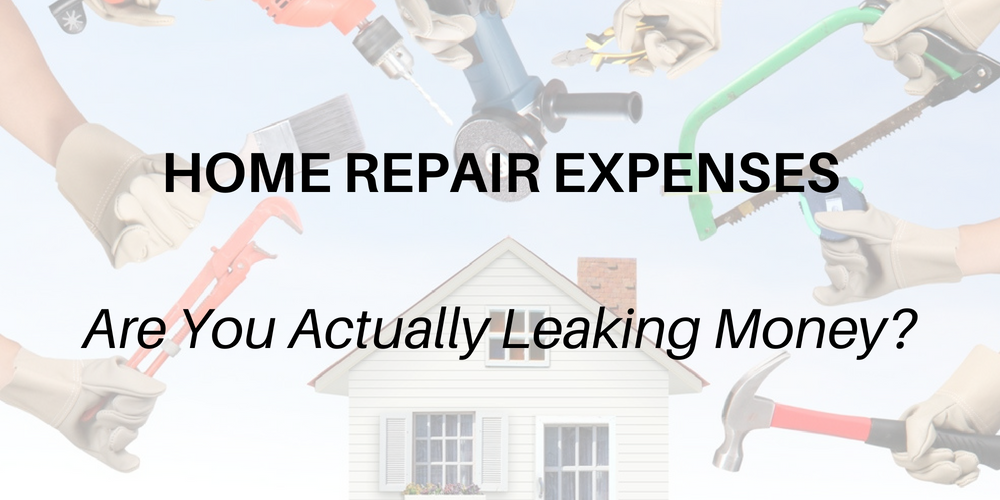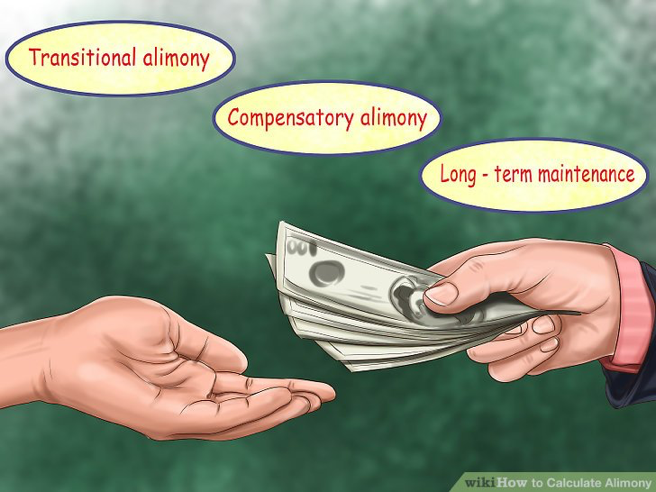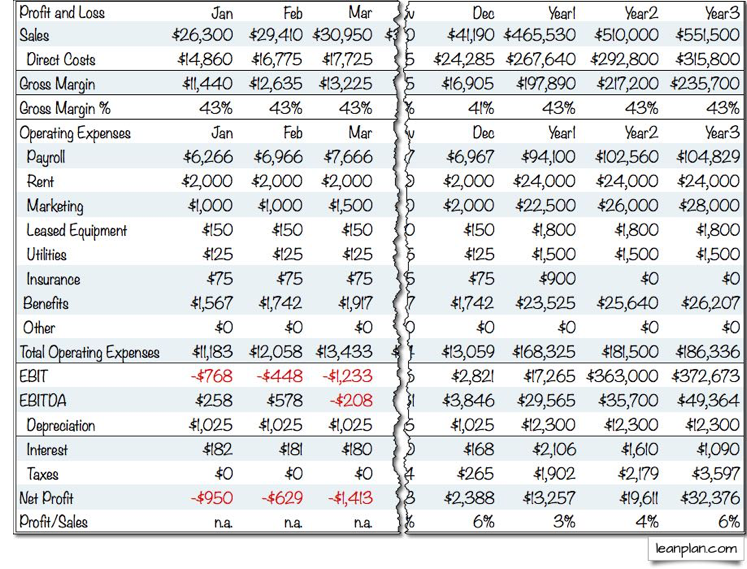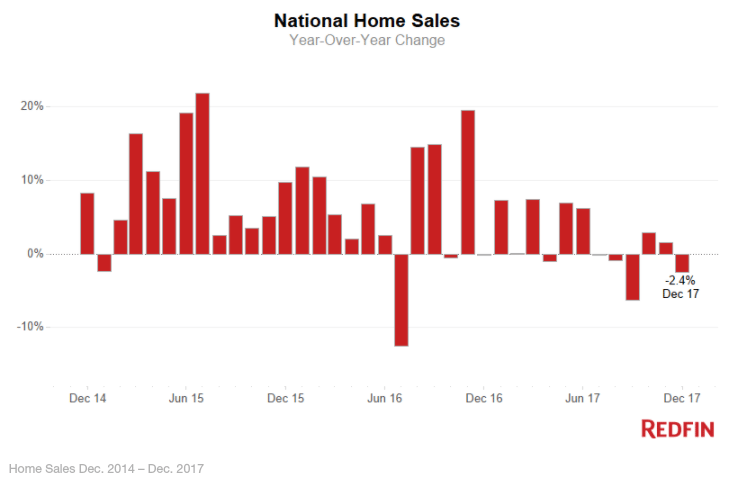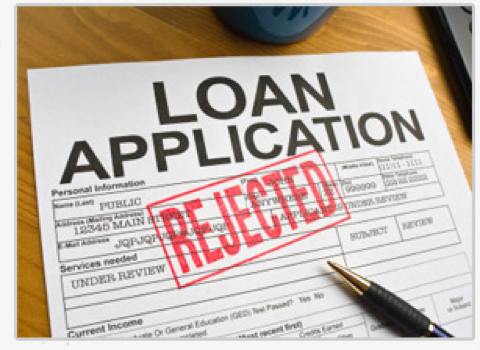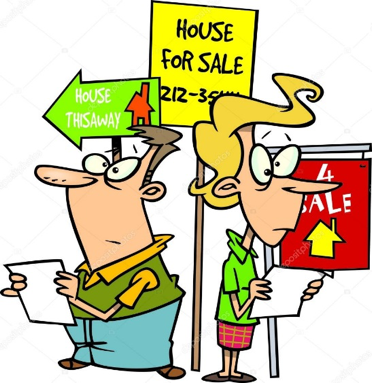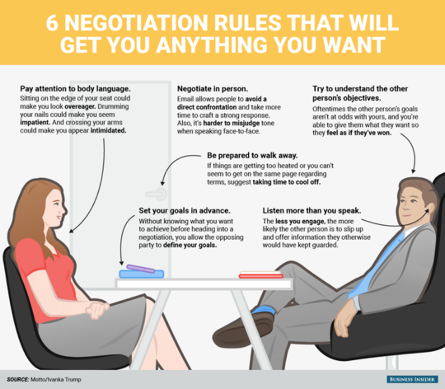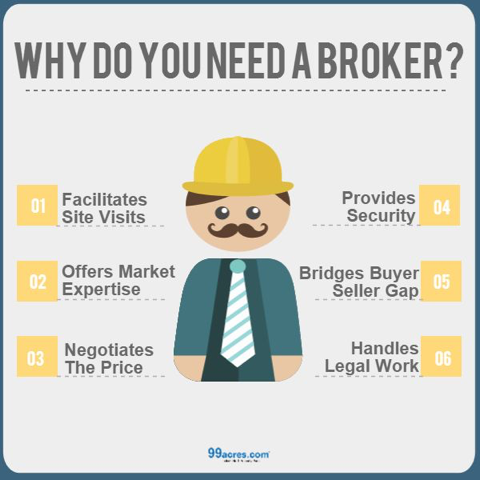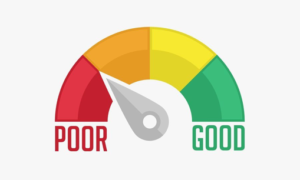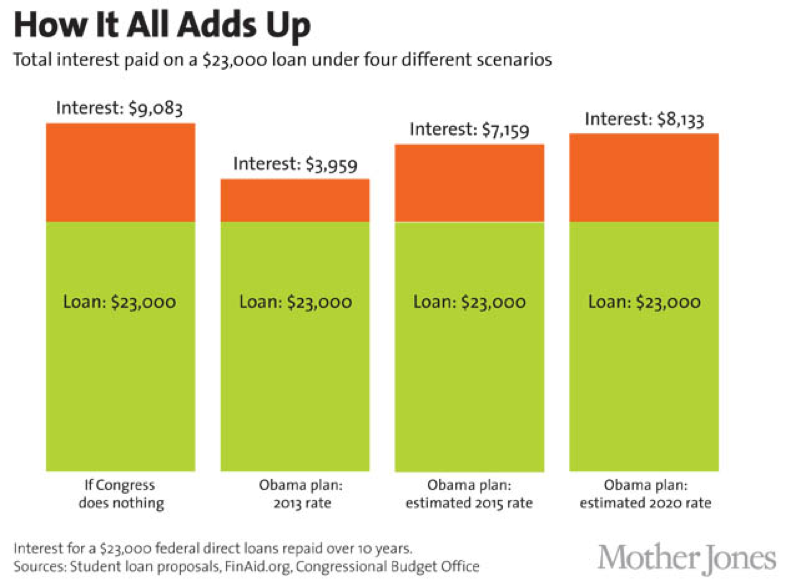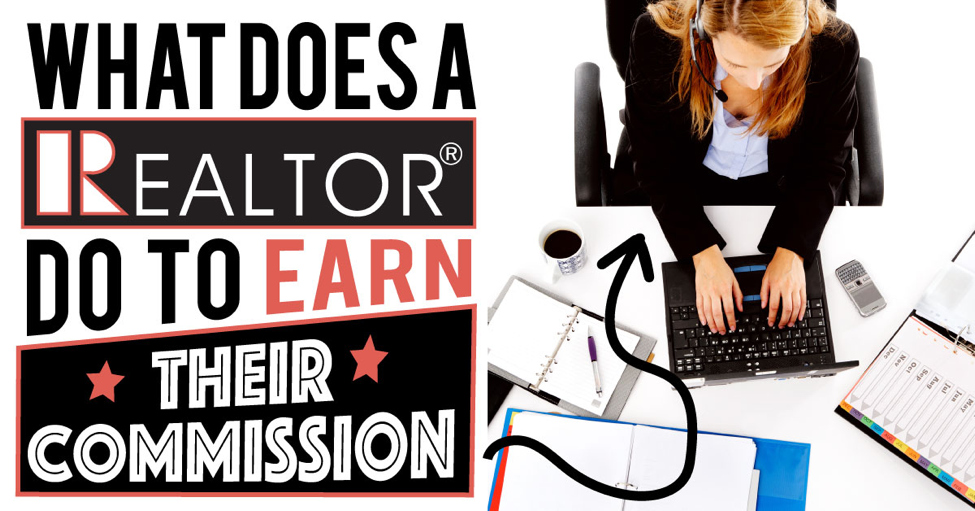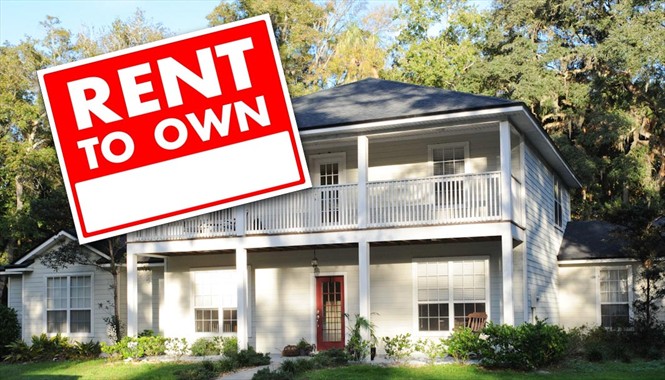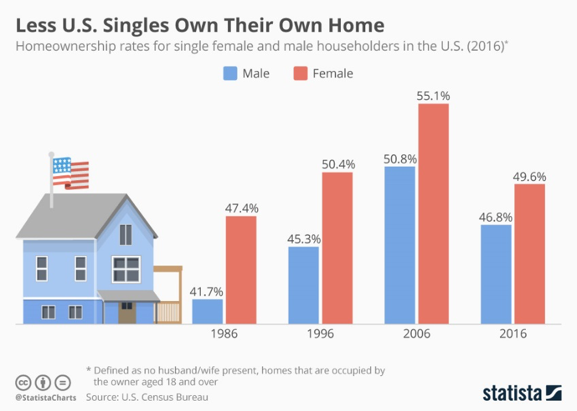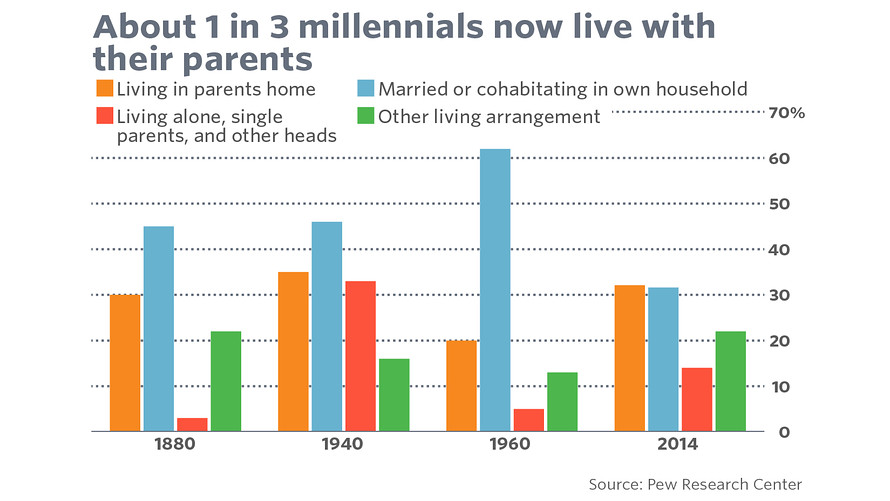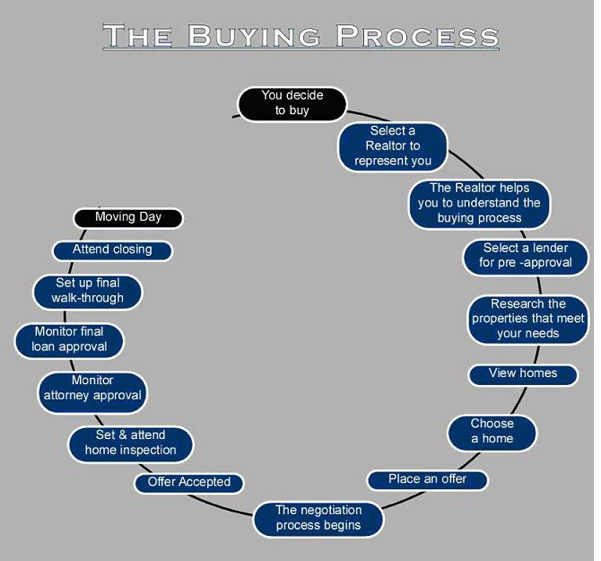The Surprising Ways Your House Costs You Money
https://www.c4dcrew.com/wp-content/uploads/2018/06/CONTRACT-FOR-DEED_-PROS-AND-CONS-27.png 1000 500 Sam Radbil Sam Radbil https://secure.gravatar.com/avatar/c8f81a032b93592f72744c525214f92a?s=96&d=mm&r=gIf you’re a current homeowner or a prospective buyer, saving money is surely on the top of your priority list, that’s a given, right? However, occasionally, there are instances where you may not realize that you’re leaking money (almost literally). Making sure that your property is running efficiently and that your home repair is on point are two of the most important money-saving tips around.
So, let’s take a look at some of ways we can help you save money in and around your home.
Home Repair Tip: Fix Your Drains
Ever hear your taps dripping in the night? Or, maybe you’ve turned off all the water after cleaning only to find that it’s still dripping away? Well, while it may not seem like a huge amount of water is being wasted at first glance, it can end up costing you a small fortune in the long run.

Let’s put this into perspective; let’s say your faucet leaks roughly 10 drops of water per minute, that equates to 3 liters of water a day, which is around 90 liters a month. This can mean wastes of 347 gallons of water every year. How much does this cost? Well, it depends on your water supplier, but a leaky faucet could be costing you far more than you think. Similarly, any blocked drains or damaged drains that are left untreated can result in nasty blockages, which may then require professional intervention.
Hidden Leakages and Water Damage

Another water-related issue comes in the form of hidden water storage. Checking for water build-up is crucial, especially if you’re looking to move into a new property. Water has a nasty way of hiding in places that are either difficult to reach or hidden. In most cases, this is caused by a fault in the property’s drainage system or a build-up of water deposits (usually on the roof or gutters) that do not drain properly.
Be sure to check for signs of this, as if it is left untreated, not only will it require a drain inspection, but you may find yourself having to redecorate your walls and/or ceilings.
Repair with Double-Pane Windows
The thought of installing brand new windows is never easy to digest as it’s known to be a fairly expensive practice. However, the reason why it’s so important isn’t just aesthetics. In fact, installing new windows actually saves you money in the long run.
So, why is this? To put it simply, single-pane windows are not efficient at keeping the heat inside your property, nor are they too good at keeping the heat out in the summer months! So, instead of constantly adjusting your heat and temperature, it might be worth considering installing double-pane UPVC windows that help retain heat.

Additionally, installing double-pane windows can save hundreds of dollars each year, so it’s definitely something to consider.
Insulation Issues
In a similar fashion to double-pane windows, a properly insulated home can save you a small fortune. The cost of installing effective insulation is low in contrast to the amount of money you’ll be saving in the long-run. Arguably the most important area to install insulation is in your walls, and while there are varying kinds of insulation, cavity insulation is one of the better options if you’re looking to save money.
Additionally, insulation is fairly low maintenance and usually lasts a life time.
Rising Energy Bills (Turn to Solar Energy?)

With the world relying more and more on green energy, many people are beginning to search for more efficient ways to power their homes. This has lead them to solar power and the many benefits that come from this source of power.
Installing solar panels by yourself will cut some costs. However, it’s recommended that you hire a professional to install the wiring and metering, as this requires connecting the system to the electrical grid. This can be a seriously dangerous task for those who are inexperienced and in severe cases can lead to injury. According to Westline Professional Electricians founder and director Jordan Vellutini, make sure to contact a certified electrician if you’re looking to efficiently install your solar panels.
All in all, acting on these issues early is the key to saving money. Much like you’d hire a maid service to get your place cleaned. The longer you allow these problems to persist, the more damage they will inevitably cause. Many of the above tips are long-term investments, so while they may seem expensive to begin with, you’ll be glad of your investment as soon as you’ve committed!

